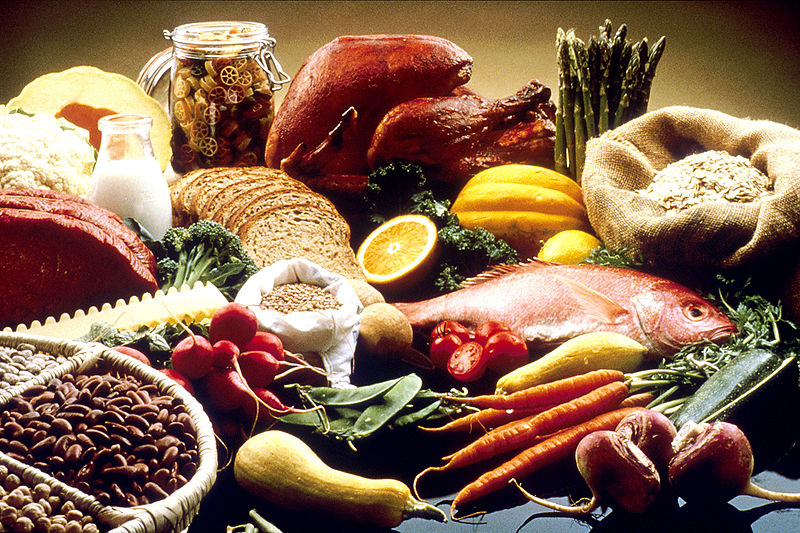
In recent years, there has been a growing awareness of the environmental impact of single-use plastics and excessive packaging.
As a response to this, a new trend is emerging in the retail sector that is redefining sustainable shopping – the rise of bulk food pound shops.
These stores offer a unique shopping experience, allowing customers to buy food and household items in bulk, thereby reducing packaging waste and promoting a more sustainable lifestyle.
1. Reducing Packaging Waste
One of the primary ways bulk food pound shops contribute to sustainability is by significantly reducing packaging waste.
Traditional grocery stores often package products in layers of plastic, cardboard, and other materials, leading to excessive waste.
In contrast, bulk buy food pound shops encourage customers to bring their own reusable containers or use provided ones, minimizing the need for packaging altogether.
This not only reduces the environmental impact but also allows customers to buy only the quantity they need, reducing food waste.
2. Encouraging Reusability
Bulk food pound shops actively promote reusability by encouraging customers to bring their own containers.
This simple yet effective practice not only reduces the demand for single-use packaging but also fosters a mindset of reusing and recycling.
Some shops even provide customers with reusable containers for purchase, further minimizing the environmental footprint associated with packaging materials.
3. Economical Shopping Experience
One of the key attractions of bulk food pound shops is their economical nature.
Customers can buy exactly the amount they need, which can be particularly beneficial for individuals and families on a budget.
This approach contrasts with traditional grocery shopping, where buying in larger quantities often results in more packaging and potential food waste. The economic aspect of bulk food pound shops makes sustainable living more accessible to a broader range of consumers.
4. Local and Sustainable Sourcing
Many bulk food pound shops prioritize locally sourced and sustainable products.
By working closely with local farmers and producers, these shops reduce the carbon footprint associated with transportation and support the local economy.
Additionally, an emphasis on sustainability means that these stores often carry organic and eco-friendly products, giving consumers the option to make environmentally conscious choices in their purchases.
5. Educating Consumers
Bulk food pound shops are not just retail spaces; they are also platforms for educating consumers about sustainability.
These shops often provide information on the environmental impact of various products, tips on reducing waste, and guidance on making eco-friendly choices.
This educational aspect empowers consumers to make informed decisions and fosters a sense of responsibility toward the environment.
6. Community Engagement
Many bulk food pound shops actively engage with their local communities.
They may organize events, workshops, or collaborations with environmental organizations to raise awareness about sustainable living.
This community-focused approach builds a sense of shared responsibility and encourages individuals to adopt more sustainable lifestyles beyond their shopping habits.
7. Waste Reduction Programs
Some bulk food pound shops go a step further by implementing waste reduction programs.
These initiatives may include composting stations within the store premises, partnerships with local composting facilities, or even offering discounts for customers who bring their own containers.
By actively addressing the entire lifecycle of products, these shops contribute to a more circular economy, minimizing the environmental impact of both packaging and food waste.
The rise of bulk food pound shops represents a positive shift toward more sustainable and environmentally friendly shopping practices.
These stores not only reduce packaging waste and promote reusability but also contribute to local economies. And they educate consumers on sustainable living.
As consumers increasingly prioritize eco-conscious choices, bulk food pound shops are likely to play a pivotal role in shaping the future of sustainable shopping.


















Follow Us